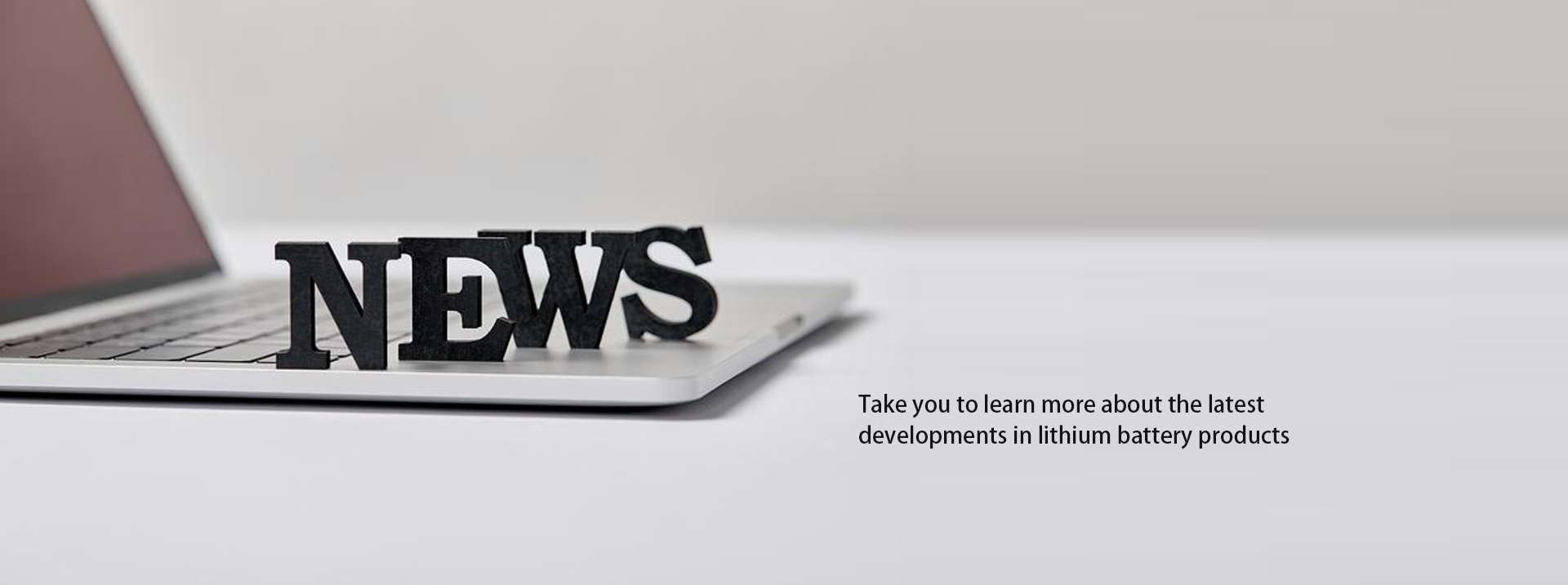The Shift from Lead-to-Lithium Batteries: A Dynamic Industry Transformation
Release time:
2025-09-20
Explore the emerging trend of lead-to-lithium batteries in the energy sector, their implications, and future prospects.
Introduction: The Battery Revolution
In today's fast-paced world, where technology is evolving at lightning speed, the energy sector is buzzing with excitement over the transition from traditional lead-acid batteries to cutting-edge lead-to-lithium batteries. This shift isn't just a trend; it's a game-changer for industries ranging from automotive to renewable energy.
What Are Lead-to-Lithium Batteries?
So, what exactly are lead-to-lithium batteries? Well, they're a new breed of batteries that promise enhanced efficiency, longevity, and performance compared to their lead-acid predecessors. By swapping out lead for lithium, these batteries significantly reduce weight and increase energy density. Consequently, they can store more energy in a smaller footprint—how cool is that?
Why the Shift?
Now, you might be wondering, why make the switch? There are several compelling reasons:
- Efficiency: Lead-to-lithium batteries provide much better charge and discharge rates. This means they can be recharged more quickly and deliver power more efficiently—perfect for electric vehicles!
- Longevity: These batteries can last up to twice as long as lead-acid batteries, reducing the need for frequent replacements and saving you bucks in the long run.
- Environmental Impact: Lithium batteries are generally safer and more environmentally friendly. With the world pushing for sustainable solutions, this change is a no-brainer.
Industry Dynamics: The Current Landscape
As of late, the market is witnessing a dramatic uptick in the demand for lead-to-lithium batteries. With tech giants and startups alike diving headfirst into research and development, the competition is fierce. Companies are racing to innovate and capture market share, and boy, is it exciting to watch!
Electric Vehicles (EVs)
One of the biggest drivers of this shift is the electric vehicle industry. With automakers like Tesla, Nissan, and Ford leading the charge, the push for lithium-based batteries has never been stronger. And let's face it: nobody wants to lug around a bulky, heavy lead-acid battery when they can have a lightweight lithium alternative!
Renewable Energy Storage
Another area that's buzzing with potential is renewable energy storage. As solar and wind energy become more prevalent, the need for reliable energy storage solutions is critical. Lead-to-lithium batteries offer a practical solution, enabling homes and businesses to store excess energy generated during peak production times.
Challenges Ahead
However, it's not all sunshine and rainbows. The transition from lead-acid to lead-to-lithium batteries does come with its own set of challenges. One major hurdle is the cost. While prices for lithium batteries are steadily dropping, they can still be more expensive upfront compared to their lead counterparts. But hey, as the saying goes, you get what you pay for!
Recycling Concerns
Additionally, lithium battery recycling is still in its infancy. Unlike lead-acid batteries, which have a well-established recycling infrastructure, lithium batteries present unique challenges. As the industry grows, finding effective and sustainable recycling methods will be paramount.
The Road Ahead
Looking forward, the future of lead-to-lithium batteries is bright. With ongoing advancements in technology and increased investments in research, we can expect even more improvements in battery performance and sustainability. This transition is not just a trend; it's a vital step towards a cleaner, greener future.
Conclusion: Embrace the Change
In conclusion, the transition from lead to lithium batteries represents a critical shift in how we approach energy storage and consumption. While challenges remain, the benefits far outweigh the drawbacks. As industries adapt and innovate, we'll likely see a future where lead-to-lithium batteries become the standard rather than the exception. So, let's get on board and embrace the change!



